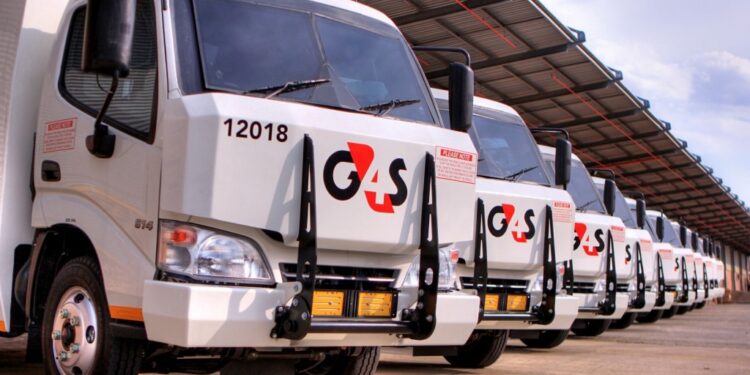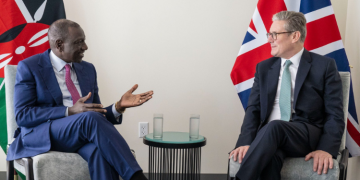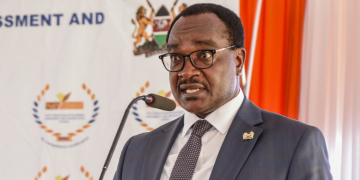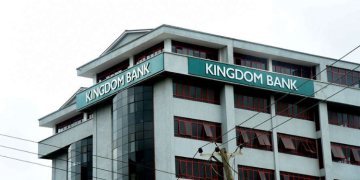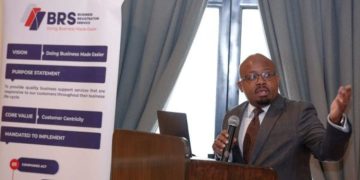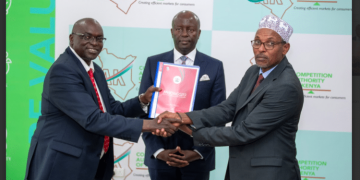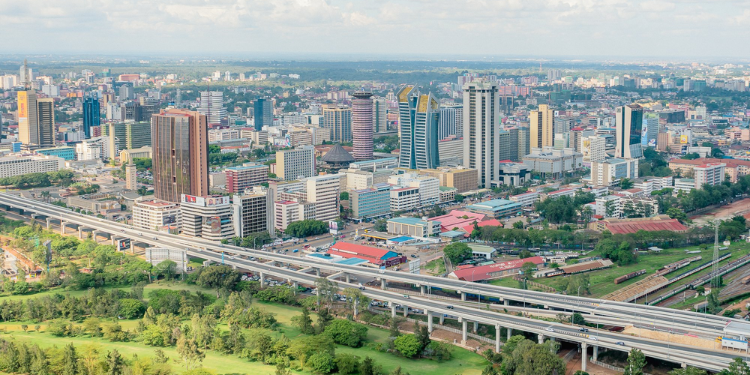A new report has revealed that Kenyan businesses are bracing for another turbulent year in 2026, months after Gen Z-led demonstrations. According to new findings from the World Security Report 2025 by Allied Universal and G4S, political instability and civil unrest have overtaken economic volatility as the top hazards facing companies in the next year.
The report reveals that 45% of Kenyan chief security officers (CSOs) rank political instability as their biggest concern, closely followed by civil unrest at 43%, both well above regional averages.
More than 1 in 5 companies (21%) expect to be directly affected by protests or demonstrations over the next year, the highest rate reported anywhere in Sub-Saharan Africa.
G4S report reveals economic concerns in Kenya are set to ease in 2026
While fears of political unrest grow, economic instability is expected to fall to 41%, down from 52% last year. However, fraud, largely driven by financial pressures, remains the leading external threat, cited by 41% of firms.
“Political and civil unrest can have an immediate and costly impact on businesses and investor confidence, and security leaders are preparing to bolster their physical security programmes in response,” said Laurence Okelo, Managing Director of G4S Kenya.
“The predicted easing of economic instability provides some room for optimism, but companies must continue building resilience through security upgrades, workforce safety and contingency planning.”
On the other hand, physical security budgets are set to increase, with 79% of Kenyan businesses reporting this, one of the highest rates in the region. Their top priorities are investment in new technology and infrastructure (83%), risk assessments (71%), and regulatory compliance (66%).
Also Read: Pressure Eases as Kenyan Companies Hire More Employees – Report
Economic losses stemming from the Gen-Z-led protests have been significant, particularly impacting the retail and hospitality sectors. CSOs highlighted the potentially costly fallout of security incidents, with nearly half (45%) reporting revenue losses as a result. Notably, more companies in Kenya than anywhere else in Sub-Saharan Africa experienced increased insurance costs.
Institutional investors echoed these concerns, warning that a major security incident could reduce the value of a listed company by as much as 32%.
“Consistent with the 2023 findings, fraud is the dominating internal and external threat across the region which can be tied back to economic instability. Despite these challenges, there are plenty of opportunities across the region and it is encouraging to see the planned investment in smart security infrastructure and AI-powered video surveillance,” said Christo Terblanche, regional president of G4S in Africa.
Further key findings of the World Security Report 2025
According to the report, 40 % of CSOs said the threat of violence toward company executives has increased in the last two years. This is compared to a 33% regional average and a 42% global average.
78% of respondents reported that their company has been targeted by a misinformation or disinformation campaign, which is slightly above the 73 % global average. Furthermore, 40 % of CSOs said that at least half of the threat actors targeting their business are influenced by misinformation and disinformation. This is in line with a 43% regional average and a 41% global average.
Also Read: New Fuel Prices, List of Banks with Insured Deposits, and NCBA-Stanbic Merger
The report found that the top contributing factor to intentional insider threats is misinformation or external radicalization, cited by 64 % of respondents. The second most cited factor was financial dissatisfaction, such as low pay, mentioned by 55 % of CSOs.
When it comes to priorities, enhancing security team efficiency and effectiveness was cited as a top driver for adopting new security technology by 78 % of CSOs. Reducing security risks and enhancing security for customers and visitors were both mentioned by 74 % of respondents.
Additionally, 81 % of CSOs agreed that there are greater demands on frontline security professionals (guards) than there were five years ago.
79% believe that physical security should have a higher strategic priority within their business, slightly below the global average of 82%. In addition, 71 % of security chiefs agreed that people skills in security professionals are now more important than physical attributes like strength.
The World Security Report was commissioned by Allied Universal®, the world’s leading security and facility services provider, and its international business, G4S.
2,352 chief security officers (CSOs) from medium and large global companies in 31 countries, with total revenue exceeding $25 trillion, took part in the research.
Among them, 58 security chiefs were from Kenya, and a total of 174 were surveyed from Sub-Saharan Africa. The report also incorporates the crucial perspectives of 200 global institutional investors managing over $1 trillion in assets.
Follow our WhatsApp Channel and X Account for real-time news updates.
